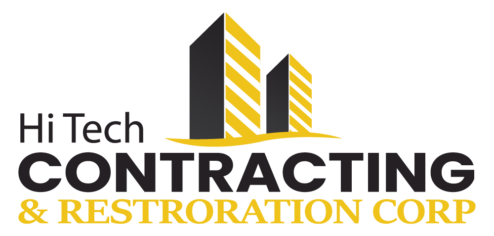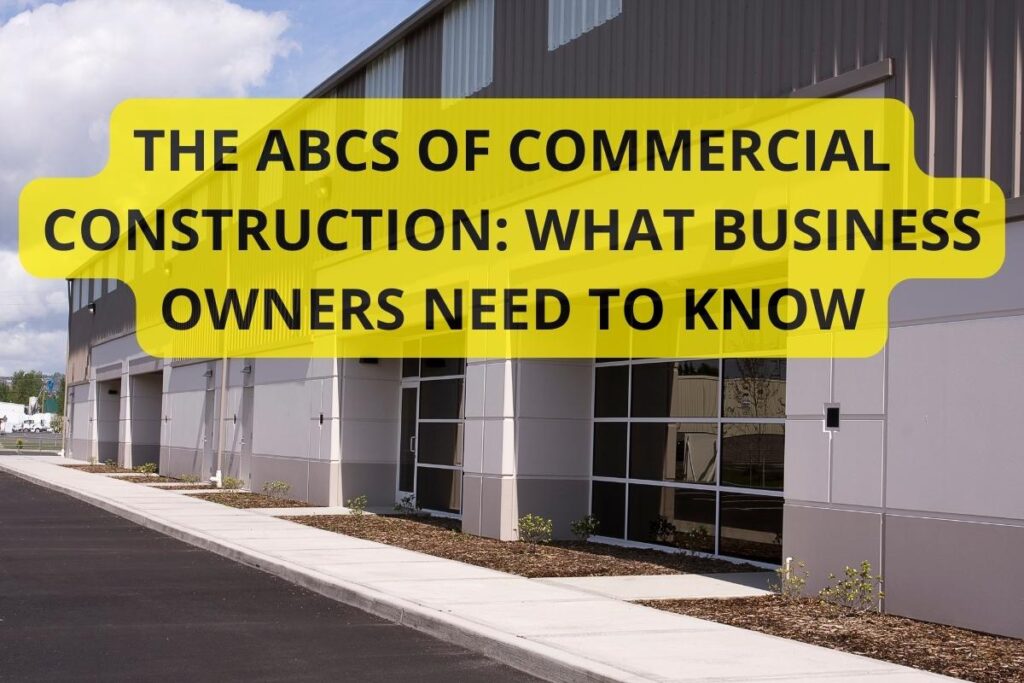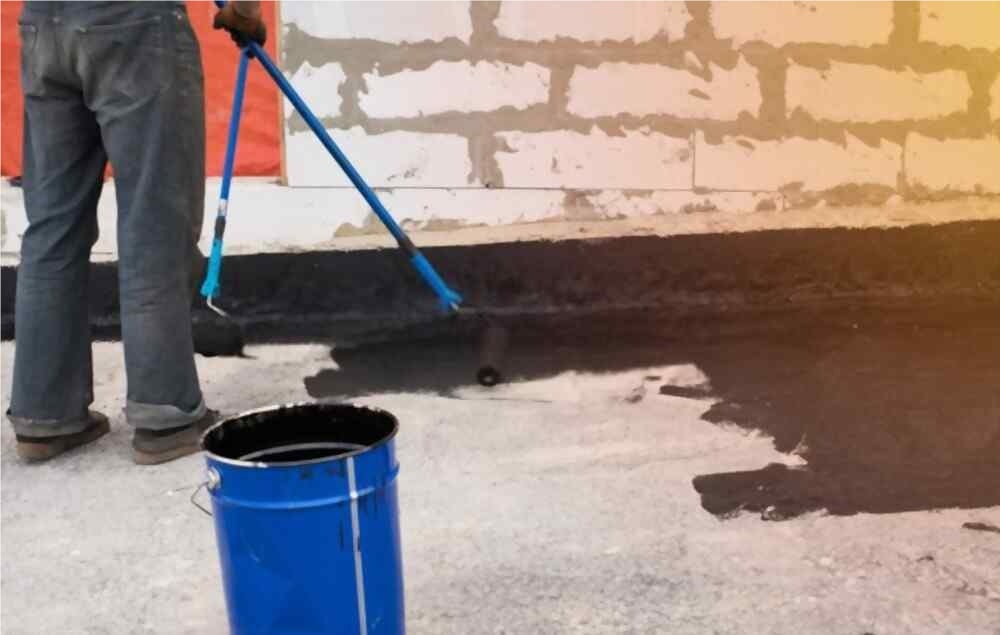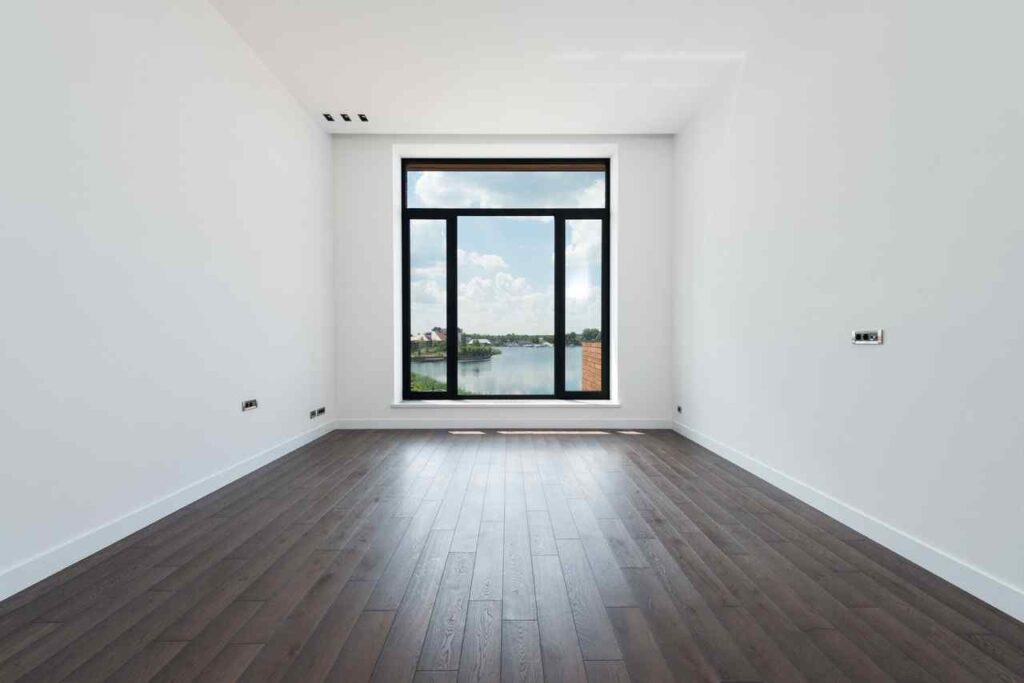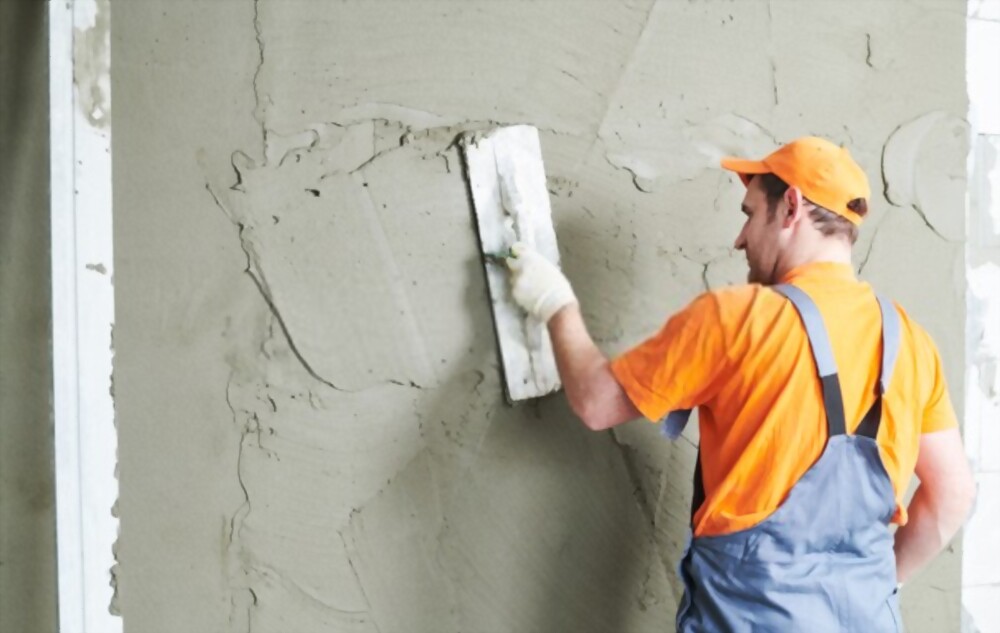If you’re a business owner or manager, you may be considering building or renovating a commercial space for your business. Commercial construction can be a complex process with many factors to consider. From zoning laws to building codes to choosing the right contractor, there are a lot of moving parts to keep track of. In this article, we’ll cover the ABCs of commercial construction to help you navigate the process and make informed decisions for your business.
In this article, we will cover the basics of commercial construction and provide you with the information you need to make informed decisions about your next construction project. We will discuss the importance of permits, the timeline for construction projects, and the impact of construction on your business operations. We will also explore how to choose the right materials for your building and what to consider when planning for future renovations or expansions. By the end of this article, you will have a better understanding of what commercial construction entails and how it can benefit your business.
Planning and Design
Finding the right commercial construction company
Commercial construction projects require careful planning and design to ensure success. Finding the right commercial construction company is key to making sure your project is completed on time and within budget. It’s important to work with a company that has experience in commercial construction and can guide you through the process.
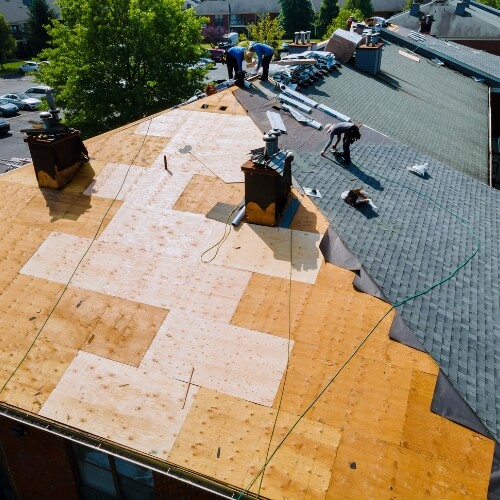
The importance of planning and design in commercial construction
Planning and design are critical components of any commercial construction project. Before construction begins, a detailed plan must be created that outlines every aspect of the project. This includes the size and layout of the building, the materials to be used, and the timeline for completion. A good construction company will work closely with you to understand your needs and help you create a plan that meets your goals.
Permits and zoning regulations
Permits and zoning regulations are another important consideration when planning a commercial construction project. These regulations vary depending on your location and the type of project you are undertaking. It’s important to work with a construction company that has experience navigating these regulations and can ensure that all necessary permits are obtained before construction begins.
Pre-Construction
Before the actual construction of a commercial building can begin, there are several important steps that need to be taken during the pre-construction phase. In this section, we’ll discuss some of these steps in more detail.
Site preparation and excavation
One of the first steps in the pre-construction phase is site preparation and excavation. This involves clearing the site of any existing structures, debris, or vegetation that may be in the way of the construction process. Once the site is cleared, excavation can begin. This involves digging trenches for the foundation, footings, and any underground utilities that may be required.
Building foundations and structural systems
The foundation is a critical component of any commercial building, as it provides support for the entire structure. There are several types of foundations that may be used in commercial construction, including slab-on-grade, crawl space, and basement. The choice of foundation will depend on several factors, such as the type of soil on the site, the size and weight of the building, and local building codes.
Once the foundation is in place, the structural systems can be erected. This includes the framing, roofing, and exterior walls of the building. The structural systems are designed to withstand the weight of the building and any loads that it may be subjected to, such as wind, rain, or snow.
Choosing the right materials for your commercial building
Choosing the right materials for your commercial building is an important consideration during the pre-construction phase. There are many different materials to choose from, including steel, concrete, wood, and brick. The choice of material will depend on several factors, such as the intended use of the building, the local climate, and the budget for the project.
It’s also important to consider the environmental impact of the materials that you choose. Many building materials can have a significant impact on the environment, both during the production process and throughout the life of the building. Choosing sustainable materials and construction practices can help to minimize this impact and make your building more environmentally friendly.
Construction
Commercial construction is a complex process that requires careful planning and execution. Once the pre-construction phase is complete, the construction phase begins. Here are some key factors to consider during the construction phase:
Stages of commercial construction
Commercial construction typically follows a specific sequence of stages, which include:
- Rough framing: This stage involves constructing the building’s framework, including walls, floors, and roof systems.
- Electrical, plumbing, and mechanical systems: Once the framework is in place, the building’s electrical, plumbing, and mechanical systems can be installed.
- Insulation and drywall: Insulation is added to the walls, ceilings, and floors to help regulate temperature and sound. Drywall is then installed to create the building’s interior walls.
- Finishing: During this stage, the building’s interior is finished, including the installation of flooring, painting, and adding any necessary fixtures.
Safety considerations on the job site
Commercial construction sites are inherently hazardous, and it’s crucial to ensure the safety of everyone involved. Here are some essential safety considerations:
- Personal protective equipment (PPE): Construction workers should always wear the appropriate PPE, including hard hats, safety glasses, gloves, and steel-toed boots.
- Site access and egress: The construction site should have clear access and egress points to prevent accidents.
- Fire safety: Fire extinguishers should be readily available on the job site, and workers should be trained on how to use them.
- Equipment safety: All heavy machinery should be operated by trained personnel, and regular maintenance and inspections should be performed to ensure equipment is in good working condition.
Project management and communication
Effective project management and communication are critical to the success of any commercial construction project. Here are some tips for managing the project and communicating with stakeholders:
- Regular meetings: Schedule regular meetings with the construction team to discuss project progress, issues, and concerns.
- Budget and timeline tracking: Track the project’s budget and timeline closely to ensure it stays on track.
- Clear communication: Ensure all stakeholders are kept informed of the project’s progress, changes, and any potential delays.
- Flexibility: Be prepared to adjust the project’s plan as needed to accommodate unforeseen circumstances, such as weather delays or unexpected site conditions.
Interior and Exterior Finishes
Choosing the right finishes for your commercial space
Once the structure of your commercial building is complete, it’s time to start thinking about the finishes. This includes everything from the flooring and wall coverings to the fixtures and lighting. When choosing finishes for your commercial space, consider the type of business you have and the image you want to project. For example, a high-end restaurant may choose luxurious finishes like marble flooring and crystal chandeliers, while a retail store may opt for more practical finishes like durable flooring and modular display units.
Electrical and plumbing considerations
The electrical and plumbing systems are critical components of any commercial building. These systems need to be carefully designed and installed to ensure they meet the needs of your business and comply with local building codes. When planning your electrical and plumbing systems, consider factors such as the number of employees, the size of your space, and the type of equipment you’ll be using. It’s also important to work with an experienced electrical and plumbing contractor who can provide expert guidance throughout the construction process.
Landscaping and exterior design
The exterior of your commercial building is the first thing customers will see, so it’s important to make a good impression. This includes everything from the landscaping to the exterior design features. When planning your landscaping, consider factors such as the climate in your area, the maintenance requirements of different plants, and any local regulations regarding landscaping. For the exterior design, consider features such as the color scheme, signage, and architectural elements that will help your business stand out.
Incorporating sustainable design elements into your landscaping and exterior design can also help to reduce your environmental impact and save on energy costs in the long run. This can include features such as green roofs, solar panels, and rainwater harvesting systems. Working with an experienced commercial construction company can help you identify the most effective sustainable design solutions for your business.
Learn More: Common Problems with Retaining Walls and How to Fix Them
Post-Construction
Congratulations, your commercial building is now complete! But the work doesn’t stop there. Post-construction tasks are just as important as the construction process itself. In this section, we’ll discuss the final steps you need to take to ensure your building is up to code, properly maintained, and ready for future renovations or expansions.
Final inspections and occupancy permits
Before you can open your business in your new commercial space, you’ll need to obtain a final inspection and an occupancy permit from your local government. These inspections ensure that your building meets all safety and building code requirements. It’s important to schedule these inspections well in advance and address any issues that are found.
Maintenance and upkeep of your commercial building
Regular maintenance is crucial for keeping your commercial building in top shape. This includes tasks such as cleaning gutters, inspecting and repairing the roof, checking HVAC systems, and ensuring proper insulation. Neglecting maintenance can lead to costly repairs down the line, so it’s important to stay on top of it.
Future renovations and expansions
As your business grows, you may need to expand your commercial space or renovate existing areas. It’s important to work with your construction company to plan for these changes in advance. This includes assessing the structural integrity of the building, identifying potential design changes, and obtaining any necessary permits. By planning ahead, you can ensure a smooth transition for your business and avoid costly mistakes.
Final Thoughts
In conclusion, this article aimed to provide a comprehensive overview of commercial construction. Business owners should carefully consider each step, seek professional help, and invest in a functional and visually appealing commercial space for their business’s success.
At Hi Tech Contracting & Restoration Corp, we are providing top-quality commercial construction services in the NYC area. Contact us today to learn more about how we can help with your commercial construction needs.
Social:
